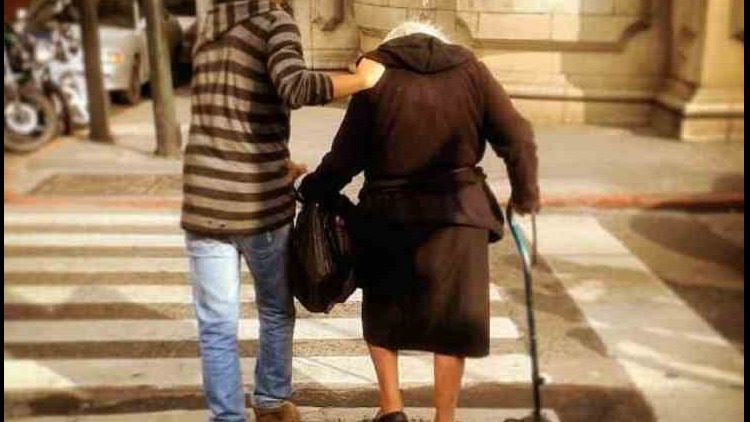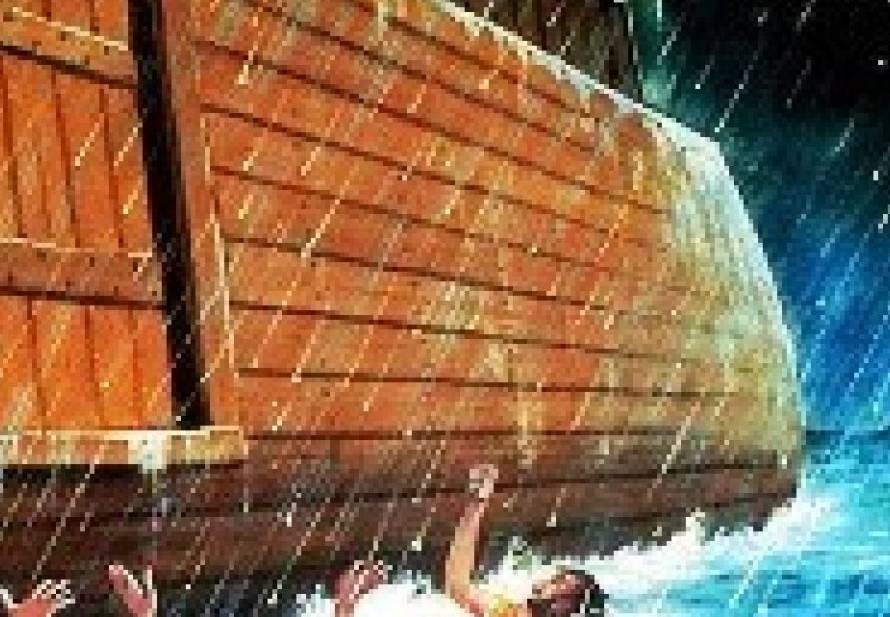“Leaving that place, Jesus came to the Sea of Galilee and went up on the mountain and stopped there” (Matthew 15:29).
The scene described by the evangelist Matthew in today’s Gospel seems almost the same as the scene of the Beatitudes; in fact, once again he climbs the mountain and, pausing, looks up and notices those who are following him: “A large crowd gathered around him, bringing the lame, the crippled, the blind, the deaf, and many others. They laid them at his feet, and he healed them. And the crowd was amazed at seeing the mute speaking, the crippled made well, the lame walking, and the blind seeing” (Matthew 15:30-31).
We are this crowd that struggles to walk back to a home with a meaning worth living for; we are crippled and bent over on ourselves, unable to lift our gaze and see the immense world beyond our selves; we are blind, unable to see what matters; we are deaf, unable to hear the Word that can save us. And it is precisely to us that Jesus directs His strength and heals us.
But He is not content with simply offering us another chance at a different life. Jesus knows very well that to live, man needs something to sustain him daily, and so He is moved by a compassion that His disciples find difficult to understand at first: “Then Jesus called His disciples and said to them, ‘I have compassion on these people; they have been with me three days and have nothing to eat. I do not want to send them away hungry, or they may faint on the way.’ The disciples said to him, ‘Where can we get enough bread in the desert to feed so many people?’” (Matthew 15:32-39).
Jesus takes seriously the hunger of those who follow him, but his disciples oppose his concern with their weakness. Yet Jesus knows how to work with the little they have.
Ultimately, the true miracle of this Gospel is precisely this Grace that can multiply and feed everyone from the little that the disciples have, provided that they make it available and do not hold it back in frustration.


